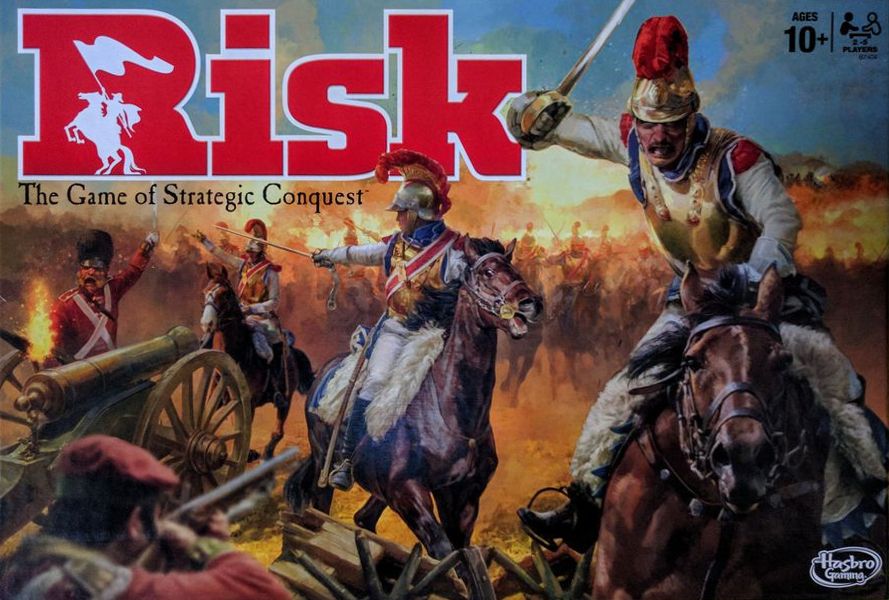Risk (1959) Board Game
Risk is a classic board game that was first released in 1959 by Parker Brothers. It was designed by Albert Lamorisse and Michael I. Levin and has become a staple in the world of strategy and war games. The game has been through various editions and variations over the years, but the core gameplay remains the same
Game Components of Risk
How To Setup Risk
To set up the game, players first place the board on a flat surface. Each player selects a supply of playing pieces of their chosen color and places one army on each territory they have a corresponding card for. The cards are turned in simultaneously, ensuring each territory has only one army. The dealer shuffles the deck and places it face down alongside the board. One player acts as the dealer and distributes the cards.
Gameplay Mechanics and Game Objective
Player Experience
Playing Risk is an engaging and strategic experience that combines elements of luck, diplomacy, and skill. The game encourages players to form alliances, make tactical decisions, and manage resources effectively. With its simple rules but complex interactions, Risk appeals to players of all ages and skill levels. However, the game can be lengthy, sometimes lasting several hours or even days.
Pros
Cons
Personal Thoughts on Risk
Risk is a game for those who enjoy strategic planning, diplomatic maneuvering, and a bit of luck. It’s ideal for players who appreciate classic board games with deep gameplay mechanics and are willing to invest the time required to play. While it may not be the best choice for casual gamers looking for a quick session, Risk remains a timeless favorite among board game enthusiasts. Whether you’re a seasoned strategist or just starting to explore the world of board games, Risk offers a challenging and rewarding experience that is sure to keep you engaged.
We are supported by our audience. When you purchase through links on our site, we may earn an affiliate commission, at no extra cost for you. Learn more.

